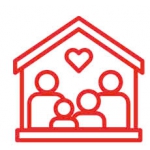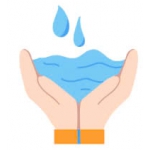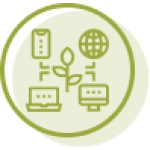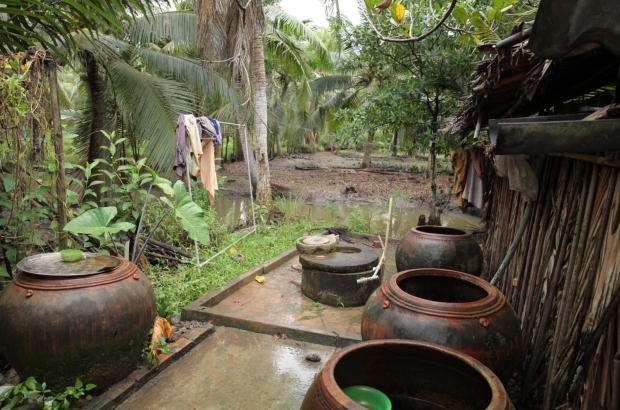-
 198KHygienic latrines for poor, vulnerable families
198KHygienic latrines for poor, vulnerable families -
 78.6KFamilies connected to clean water
78.6KFamilies connected to clean water -
 250Community water systems constructed
250Community water systems constructed
About Viet Nam
In 1988, East Meets West was established in Vietnam, where our organizational footprint is largest. Our work in Vietnam remains a testing ground for many of our newest and most innovative ideas to ensure that vulnerable communities are not left behind when it comes to water, sanitation, and hygiene (WASH), education, healthy cities and community development.
Our Work
With help from the Vietnam Women’s Union (VWU), one of the country’s largest women’s rights organizations with over 13 million members across Vietnam, we are also expanding our services to reach the most marginalized households and improve rural women’s participation and influence in the WASH sector. We work closely with the VWU to help build their organizational capacity and train their members in key WASH approaches.
Currently, under funding from the Australian Department of Foreign Affairs and Trade (DFAT), we are implementing our Women-led Output-Based Aid (WOBA) program in Hanoi, Hoa Binh, Thanh Hoa, Nghe An, Ha Tinh, and Ben Tre provinces. At its core, WOBA aims to increase rural water and sanitation coverage and improve access through long-standing partnerships with central government agencies, specifically the VWU. In Vietnam, the project is designed and implemented primarily by women, particularly mobilizers and motivators at the community level.
As part of our Healthy Cities program, we are working with program partners JSI in the Building Healthy Cities project.
We continue to deliver our Resilient Communities program which includes our Compassion Homes projects and water, sanitation, and hygiene in schools.
Stories from Viet Nam
-
11JanWOBA Viet Nam Learning Note SeriesWomen Led Output-based Aid (WOBA) Vietnam is a project designed and implemented by Thrive Networks/East Meets West Foundation aimed to bring equitable water, sanitation services and hygiene practices to marginalized households in five rural provinces of Vietnam and to improve women’s empowerment in the Water, Sanitation and Hygiene (WASH) sector.Read more

